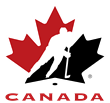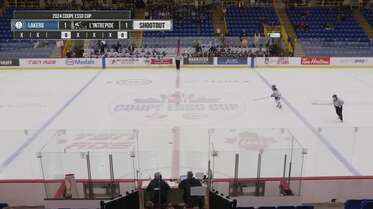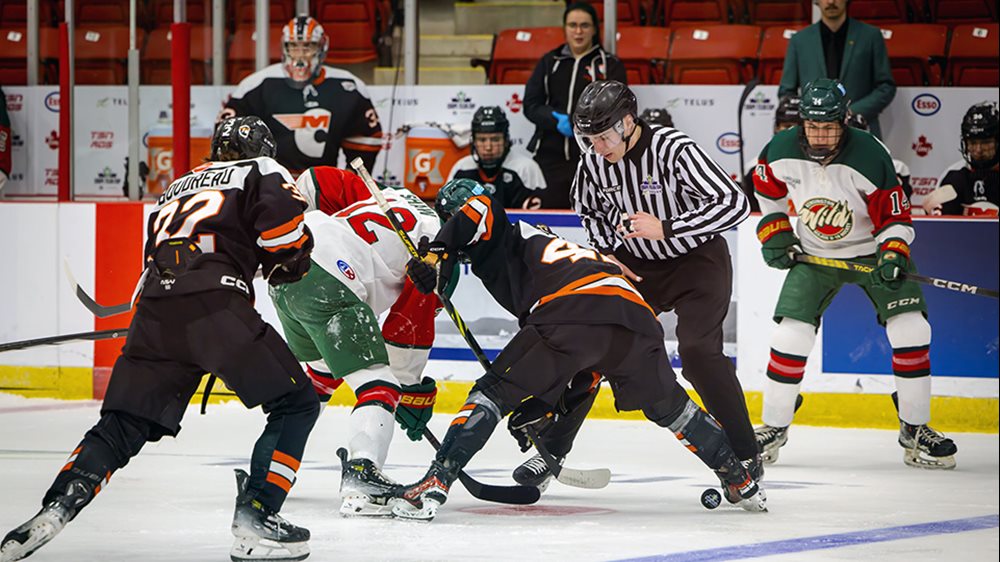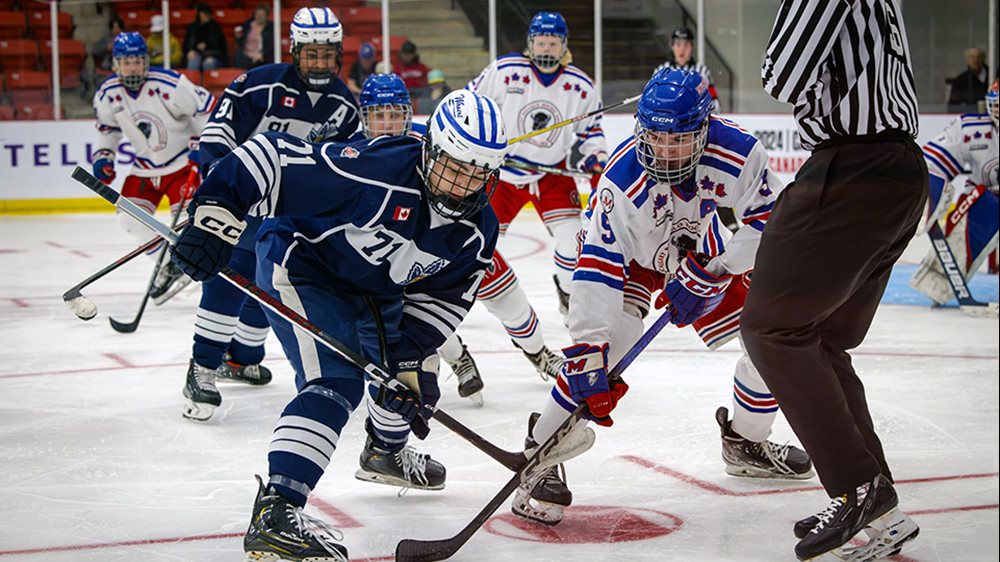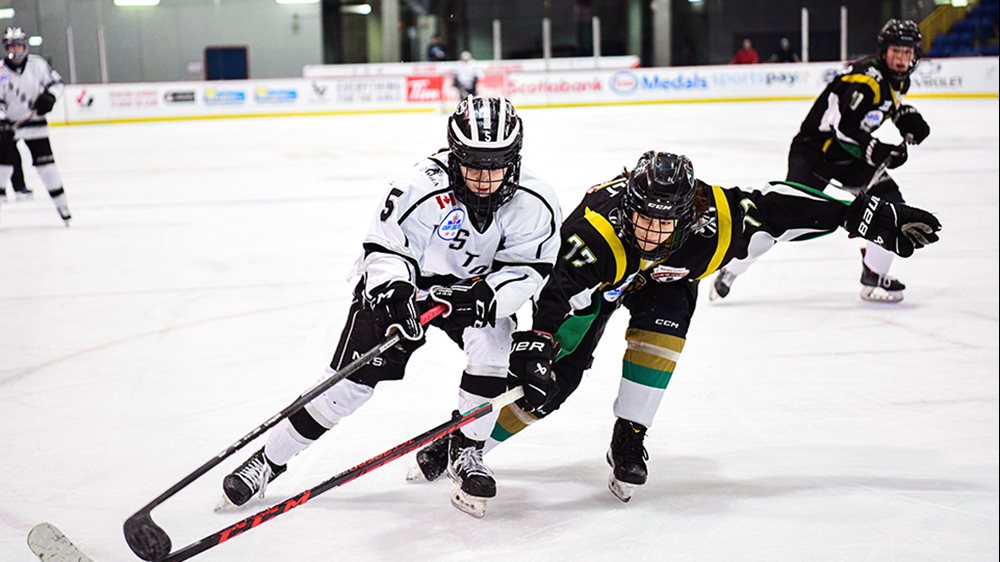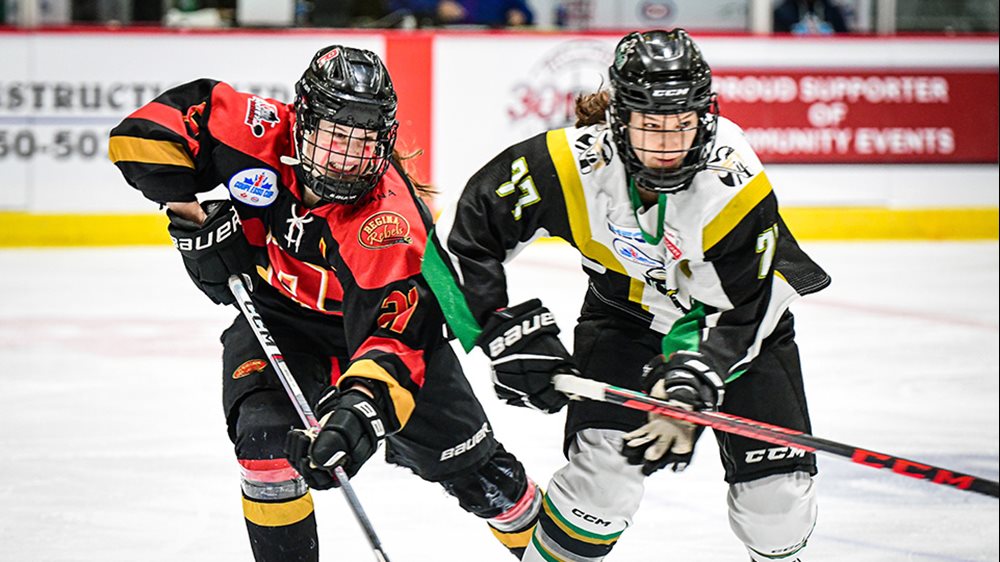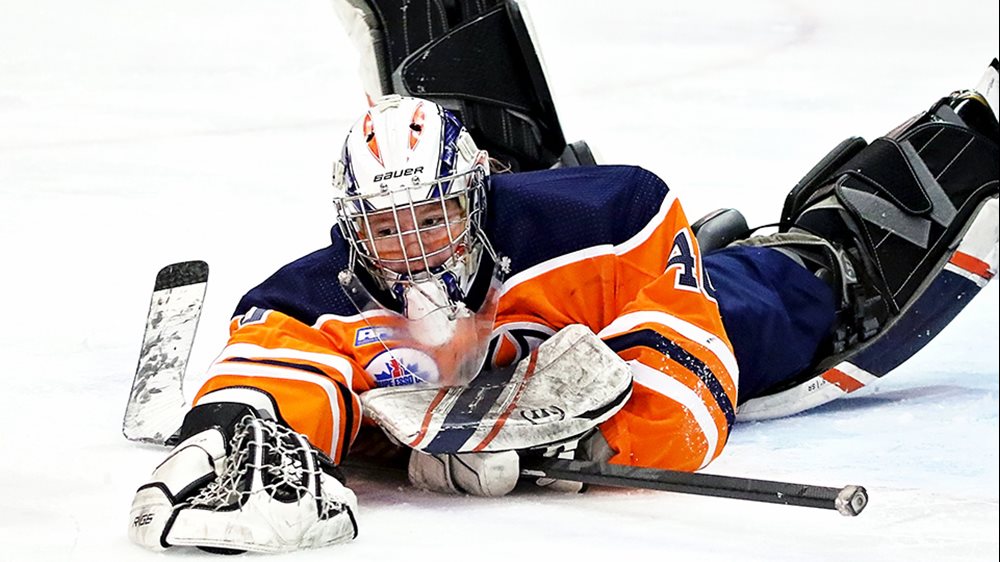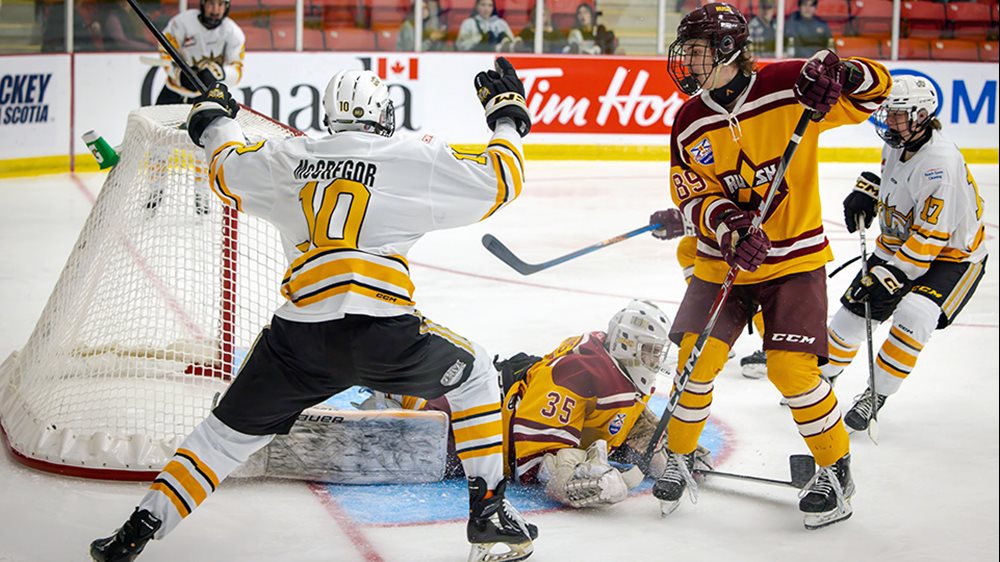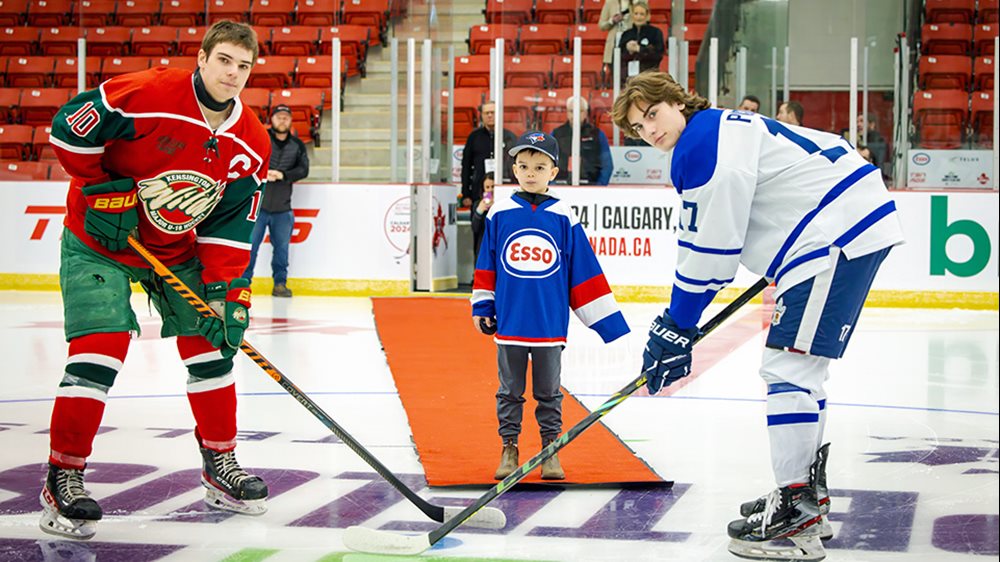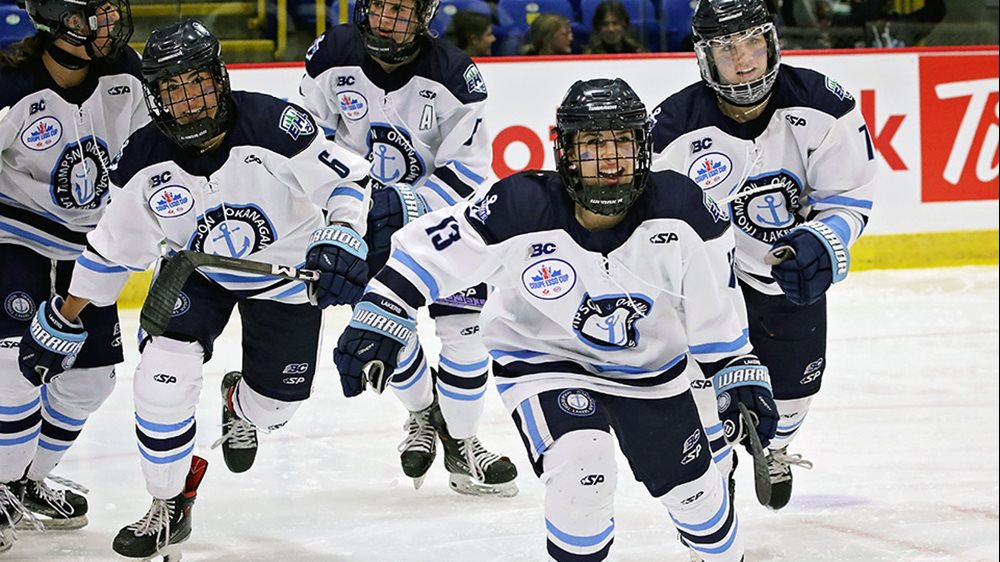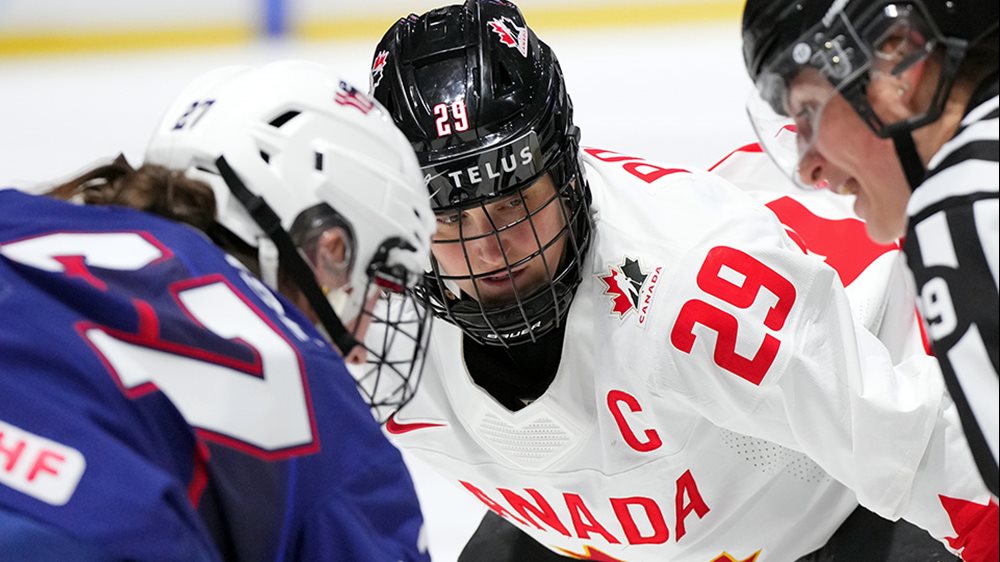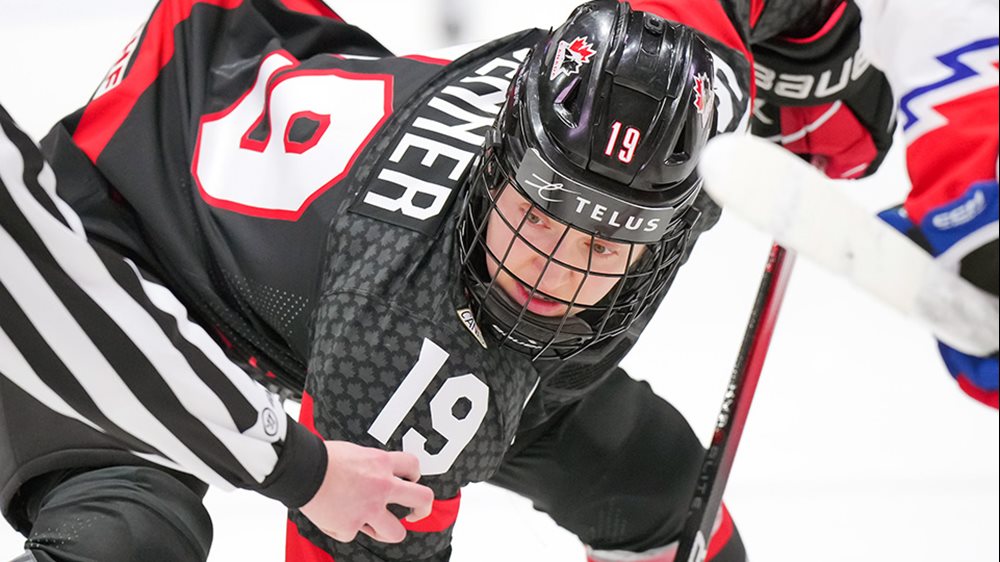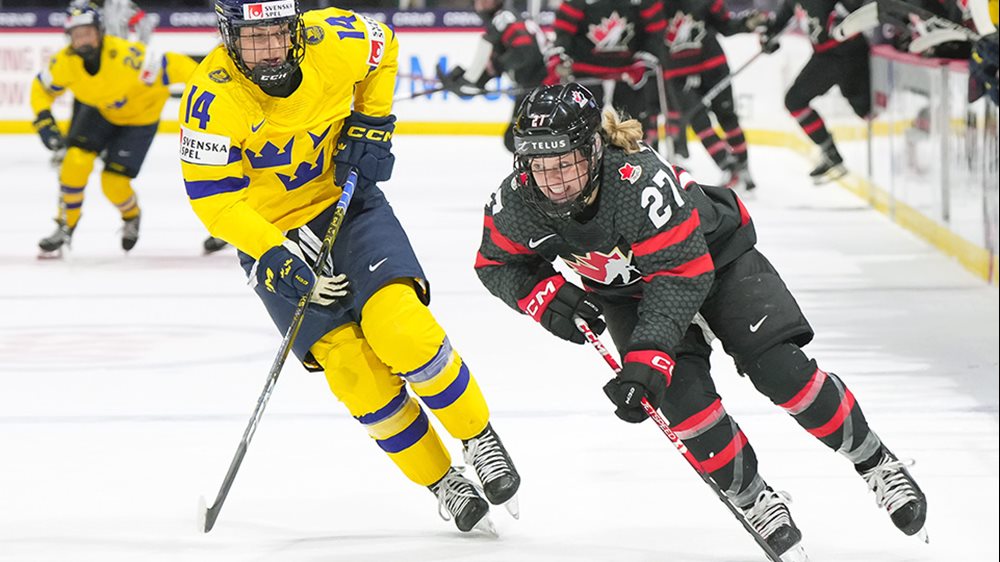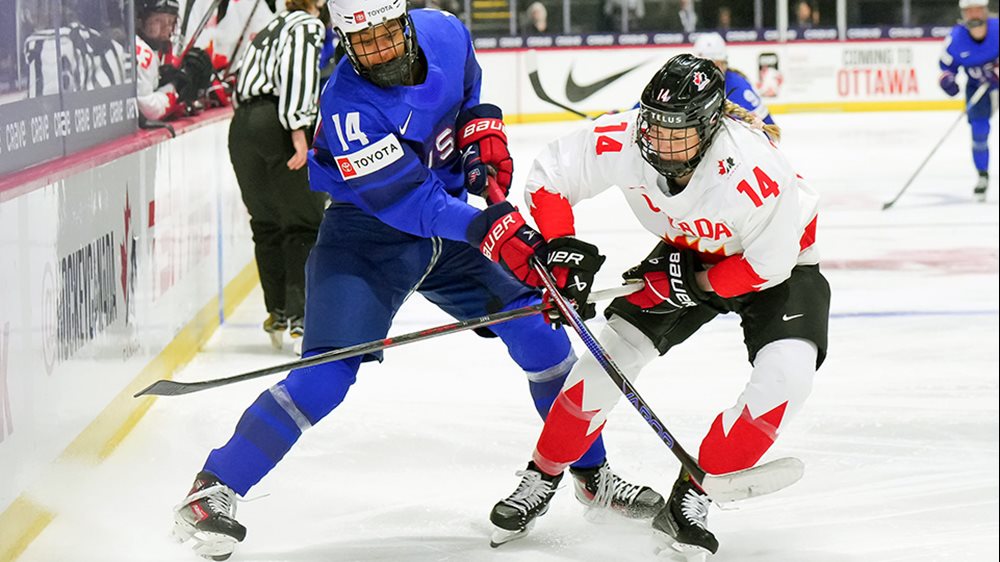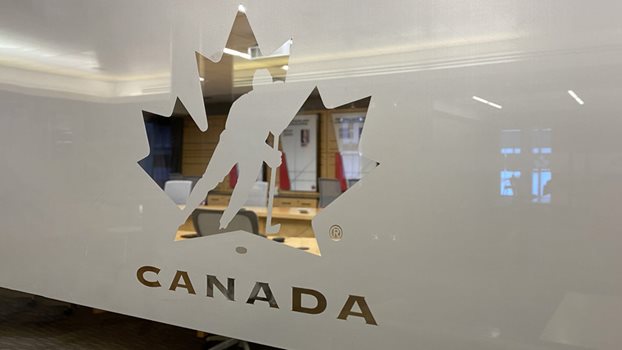
Hockey Canada adds two key staff
Natasha Johnston named director, sport safety; Marin Hickox hired as director, women and girls hockey
CALGARY, Alta. – Hockey Canada has announced that prominent Canadian sport executives Natasha Johnston and Marin Hickox have joined the organization to lead its strategies in safe sport and women and girls hockey, respectively.
“We are thrilled to welcome Natasha and Marin to Hockey Canada in these brand-new positions that focus on advancing two key strategic areas of our organization,” said Hockey Canada president and chief operating officer, Scott Smith. “They both have invaluable experience from across the sport industry and will both play critical roles to ensure hockey is a safe and inclusive sport for all participants.”
As director of sport safety, Johnston will oversee Hockey Canada’s safe sport portfolio, which includes developing sustainable solutions to address player safety and maltreatment. Johnston will also work with Hockey Canada’s 13 Members to deliver strategic initiatives that promote inclusion and provide participants from coast to coast to coast with positive hockey experiences for years to come.
Most recently the executive director of Ringette Canada, Johnston contributed to the Universal Code of Conduct to Prevent and Address Maltreatment in Sport as a national representative, and previously held progressive roles with the Canadian Centre for Ethics in Sport and Football Canada.
Hickox will lead the organization’s recruitment and retention efforts that support the continued sustainability of women’s and girls’ hockey programs across Canada, and drive a collaborative approach to increase the number of women in key roles within the hockey ecosystem, including in leadership, coaching and officiating.
In 2020, Hickox was a member of the women’s hockey task force for the inaugural Elite Women’s 3-on-3 game as part of National Hockey League (NHL) All-Star Weekend. The former Maple Leaf Sports & Entertainment and NHL marketing executive has also consulted for the Professional Women’s Hockey Players Association.
Johnston and Hickox have started their new positions with Hockey Canada, working from Ottawa and Toronto, respectively.
For more information on Hockey Canada, please visit HockeyCanada.ca, become a Hockey Canada Insider, or follow along on Facebook, Twitter and Instagram.
For more information: |
- <
- >
